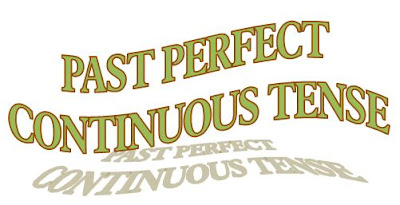Tense is a form of a verb indicating the time
(also the continuance or completeness) of the action etc. Time and tense must
not be baffled. Time stands for the concept, with which you are all familiar,
divided into tenses. On the other hand, tense stands for a verb form and which
is used to express a time relation.
Tenses are mainly of three
types: 1. Present tense, 2. Past tense and 3. Future tense.
Each tense has four forms:
(1) Indefinite Tense : Verb does not indicate whether work is complete or not.
(2) Continuous Tense : Verb
indicates incomplete work or work in progress.
(3) Perfect Tense : Verb indicates completion of
work.
(4) Perfect continuous : Verb
indicates work in progress and not yet completed.
USE OF
PRESENT INDEFINITE
|
A.
Affirmative:
Subject
+ 1st form of Verb (s, es) + object.
B.
Negative
Subject
+ do/does + not + 1st form of Verb + object.
C.
Interrogative:
Do/Does
+ subject + 1st form of Verb + object?
|
‘S’ or ‘es’ is affixed to verb or
helping verb when Subject is third person singular.
Conditions involving this tense:-
1. To denote present action:
a. She sings a song.
b. He writes a letter.
2. To denote habitual or customary action:
a. He takes tea in the
morning.
b. Mohan goes to the
club every day.
3. To signify general and universal truth:
a. The earth revolves
round the sun.
b. Might is right.
4. To refer to historic present:
a. Julius Caesar rises;
Cassius stabs him in the neck.
b. Buddha enters his
wife’s room, looks at the mother and child, and then goes out.
5. To indicate definite future when time is given:
a. I leave for Shimla
tomorrow.
b. The examinations
begin next Monday.
6. To stand for condition of future:
a. If you work hard, you
will pass.
b. It will be pleasant
when it rains.





















